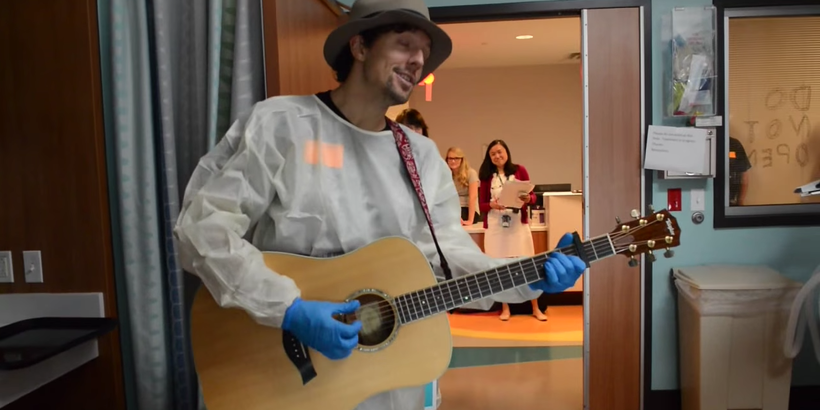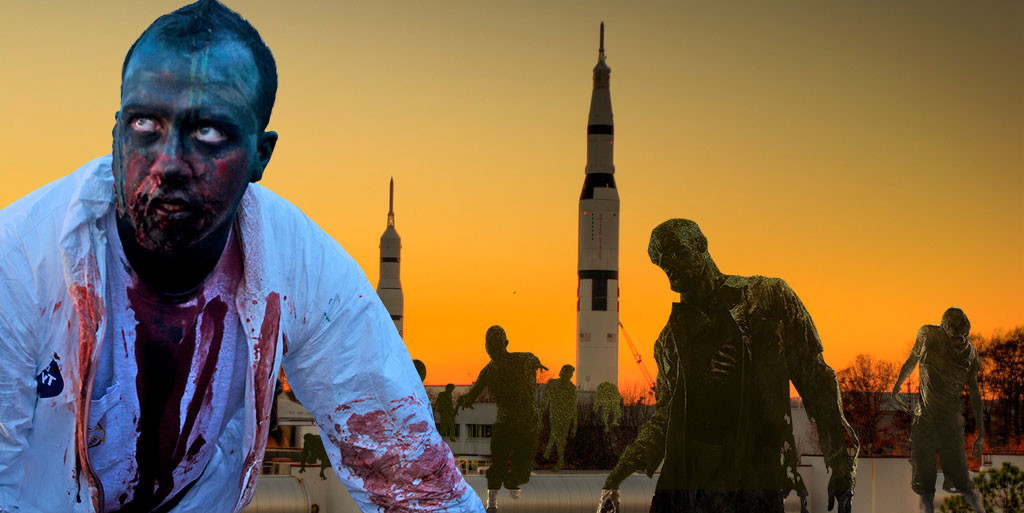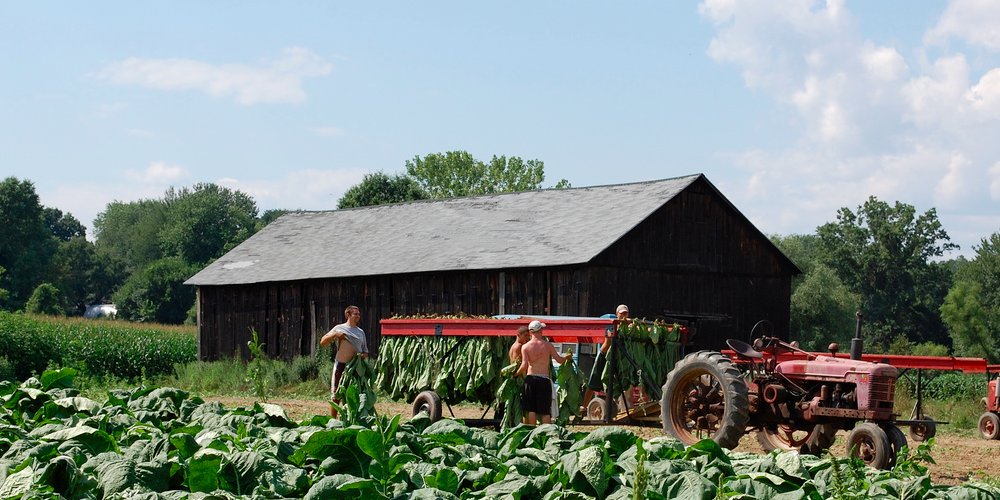A rare and unidentified respiratory illness has already sickened more than a thousand kids in 10 states and is poised to become a nationwide problem, according to doctors.
The illness, which starts out similar to a cold before potentially turning deadly, has already popped up in Missouri, Kansas, Illinois, Kentucky, Iowa, Colorado, Ohio, Oklahoma, North Carolina, and most notably for Alabama, the neighboring state of Georgia.
“The disease hasn’t been officially identified in every state, but in some states a rare respiratory virus called human enterovirus 68 has been found,” ABC News reported on Monday. “According to the U.S. Centers for Disease Control and Prevention, the virus is related to the rhinovirus, which causes the common cold.”
ABC News Chief Health and Medical Editor Dr. Richard Besser predicted that it is only a matter of time before the virus finds its way into more states.
“Viruses don’t tend to respect borders,” Besser said. “It is only 10 states now, but it’s going to be across the country. So if your state doesn’t have it now, watch for it. It’s coming.”
At this point doctors are not sure how the virus spreads, although they noted that it is common for diseases to spread more rapidly during the time of year when children return to school.
“It can start just like a cold — runny nose, sneezing, coughs — but it’s the wheezing you have to watch out for,” Besser said.
Dr. Christine Nyquist, a pediatrician at Children’s Hospital Colorado, added that the virus can be particularly dangerous for children with asthma.
“The kids are coming in with respiratory symptoms, their asthma is exacerbated,” Nyquist said. “Kids with no wheezing are having wheezing.”
One pediatric critical care physician in Colorado said that he has seen numerous children come in with basic cold-like symptoms but end up in the pediatric intensive care unit after as little as one day. Another teenager’s asthma became so severe on the second day of infection that he turned blue and had to be rushed to the emergency room and given a breathing tube.
Doctors said that there is no reason to panic, but noted that parents and teachers should be vigilant about hand washing and should pay particularly close attention to children who show symptoms traditionally associated with the common cold.
Follow Cliff on Twitter @Cliff_Sims











